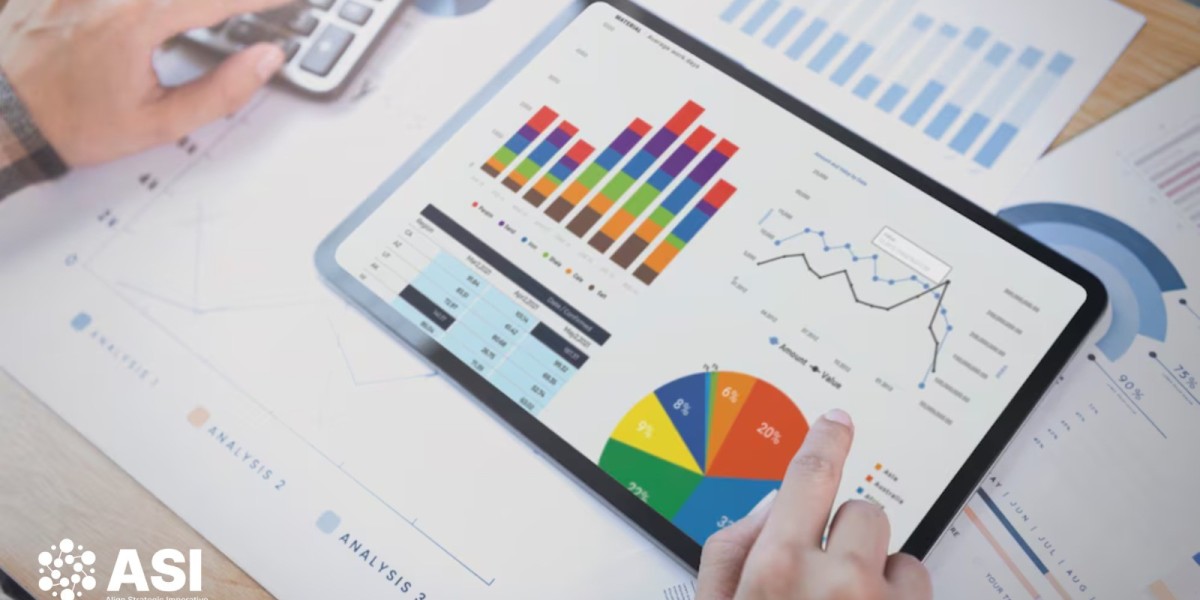The AI in Agriculture Market is undergoing a transformative evolution as technologies such as machine learning, computer vision, and data analytics reshape farming practices. With the growing global demand for food, limited arable land, and climate change challenges, artificial intelligence is emerging as a critical enabler of efficient, sustainable, and profitable agriculture.
Market Overview:
In 2025, the AI in Agriculture market is projected to reach a value of USD 3.5 billion, and is expected to grow at a CAGR of over 25% through 2032. The integration of AI technologies in farming operations is improving crop yield predictions, pest detection, weather forecasting, and autonomous machinery operations.
Key Market Drivers:
Rising demand for food productivity due to global population growth
Government support for precision agriculture and digital farming technologies
Advancements in machine learning and AI algorithms tailored for agricultural use
Labor shortages in farming driving adoption of AI-powered robotics
Climate variability, pushing the need for adaptive and predictive tools
Applications of AI in Agriculture:
Precision Farming: AI enables real-time soil and crop health monitoring using satellite imaging and IoT sensors.
Agricultural Robots (AgBots): Used for weeding, harvesting, and soil analysis with minimal human intervention.
Livestock Monitoring: AI systems track livestock behavior and health to prevent disease and improve breeding.
Crop Monitoring and Yield Prediction: Machine learning models forecast crop output and detect pest infestations.
Supply Chain Optimization: AI helps streamline distribution and minimize food waste through demand forecasting.
Market Segmentation:
By Technology: Machine Learning, Computer Vision, Predictive Analytics, Robotics
By Application: Crop Management, Soil Management, Livestock Monitoring, Agricultural Drones, Smart Irrigation
By Region: North America, Europe, Asia-Pacific, Latin America, Middle East & Africa
Regional Insights:
North America dominates due to early technology adoption and robust agri-tech investments.
Asia-Pacific is the fastest-growing region, driven by countries like India and China, where AI is aiding smallholder farmers.
Europe emphasizes sustainability and smart farming practices with strong policy support.
Challenges:
High initial costs for AI-based agricultural solutions
Lack of technical knowledge among traditional farmers
Data privacy and ownership issues in farm-level data collection
Connectivity barriers in rural and remote agricultural areas
Future Outlook:
The integration of AI in agriculture is expected to accelerate further with the advent of 5G connectivity, edge AI devices, and blockchain for farm-to-fork traceability. Public-private partnerships, tech startups, and agribusiness giants are expected to play a pivotal role in scaling AI applications globally.
✅ Conclusion:
The AI in Agriculture market represents a paradigm shift in how food is grown, managed, and distributed. By leveraging the power of artificial intelligence, farmers can enhance productivity, reduce environmental impact, and meet the demands of the future. The coming years will be crucial for technology providers and policy makers to collaborate and unlock the full potential of AI in agriculture.
See Detailed Insights On:-https://alignstrategicimperative.com/industry/al-in-agriculture-market/








